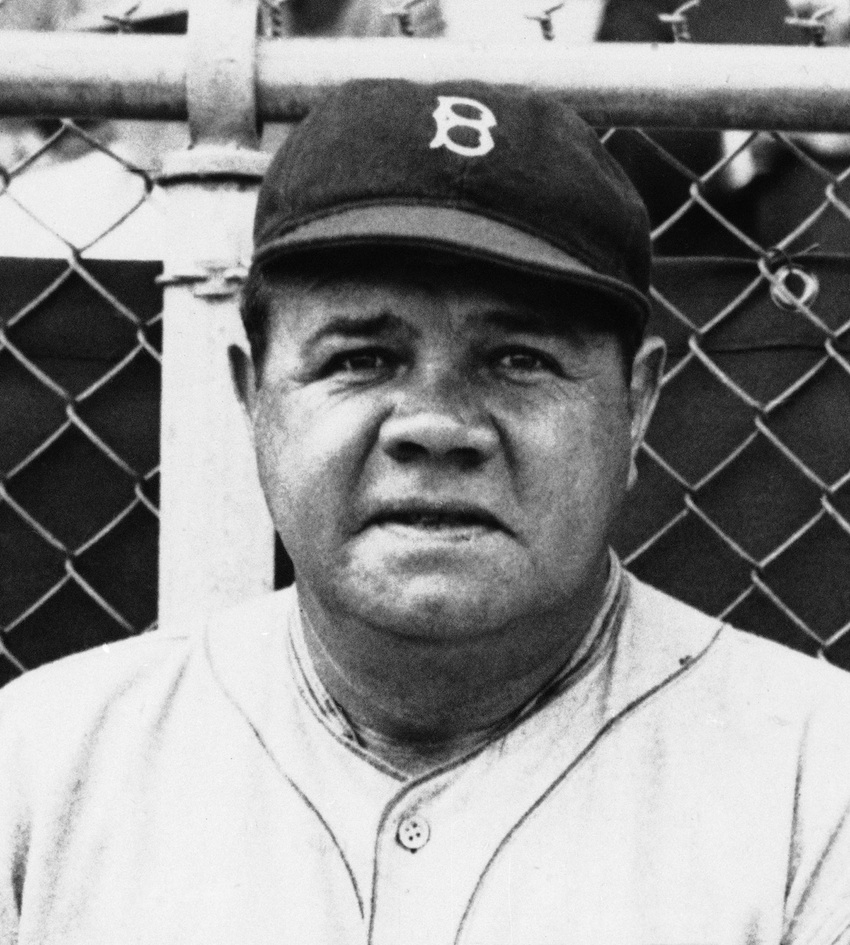Throwback Thursday: When Babe Ruth Returned to Boston

Associated Press
At 5:40 p.m. on February 28, 1935, Babe Ruth stepped off the train at Back Bay Station to play baseball in Boston once again, this time for the Boston Braves.
Ruth started his career with the Boston Red Sox 21 years earlier. His departure for the New York Yankees in 1920, where he solidified his All-Star status is, of course, the depressing stuff of legend here in Boston. But in 1935, the city didn’t quite know the extent to which Ruth’s first exit would haunt the Sox. The concept that the Bambino’s trade to the Yankees had “cursed” us didn’t become popular until much later, so there wasn’t as much fan resentment for any beloved player who left for the Yankees. Indeed, he was welcomed back with few reservations.
“No king, potentate or conquering hero was ever given as enthusiastic a welcome than was accorded Babe Ruth, home-run king extraordinary, upon his arrival,” The Boston Globe reported that day. A crowd of thousands mobbed Ruth and his wife as they made their way from the train to the Copley, where he attended a banquet “at which the state, the city and the baseball fans of New England were represented.”
“He’s always been Boston’s particular idol. He has a chance to be king now for the rest of his life,” Braves manager Bill McKechnie told reporters after Ruth signed his contract. But if any New York-Boston trade seemed like the “Curse of the Bambino” at the time, it was this one. Ruth had made the move because he wanted to manage a team. The Braves had offered him the titles of vice president and assistant manager, carrots that ended up being mostly symbolic. As a player, his best playing days were far, far behind him. After months of terrible hitting and fielding, he retired in June of that same season, which went on to become the worst in the Braves’ franchise history.
His inglorious return is probably why we forget that Ruth theoretically had a chance to “reverse the curse,” in a way, by helping out another Boston team. But it wasn’t to be. Nor did his departure from New York leave any kind of “curse” in his wake. His departure unburdened the Yankees of an aging player whose time had come. One season later, the Yanks won a World Series.

